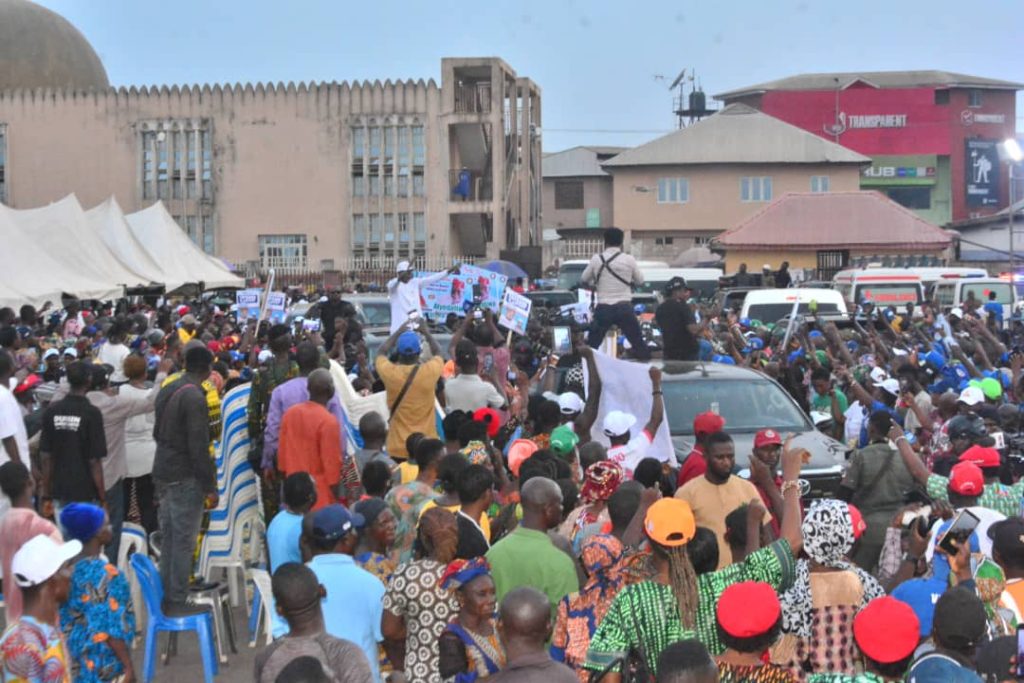FG ‘s Free Pre Paid Metres
THE Federal Government has commenced the distribution of six million free pre-paid electricity metres to Nigerians through the National Mass Metering Programme, NMMP. The scheme was launched in Eko, Kano, Kaduna and Ikeja Distribution Companies (DisCos) franchise areas. It is expected to be distributed across households in the country in the next 18 to 24 months.
THE prepaid meter was introduced in the country to aid revenue collection and generation by Power Holding Company of Nigeria (PHCN) in 2006 as well as abolish meter reading and estimated billing. We recollect that when the private investors took over parts of the National Electricity Supply Industry, NESI in 2013; there was a huge metering gap and till now, it still remains a significant problem. Understandably, one of the main conditions embedded in the Performance Agreement (PA) for the Discos when they took over was to progressively bridge the metering gap.
INEFFECTIVE metering remains a major drawback to the success of power sector reforms in Nigeria. While some consumers avoid paying for power consumed through meter bypass, some other consumers are made to pay for what they haven’t consumed through estimated billing by Discos. According to the National Electricity Regulation Commission, NERC Q3 2019 report, of the 9,674,729 registered electricity customers, only 3,895,497 (40.26%) have been metered as at the end of the third quarter of 2019. The report also showed that a review of customer complaints statistics revealed that estimated billing, metering and service interruption were the most significant areas of concerns for customers, accounting for over 64% of the total complaints in the fourth quarter of 2019. NERC the regulatory watchdog had repeatedly issued ultimatums to Discos to close the metering gap with the latest deadline being December 2021.
BEFORE the private sector invested in the NESI, government owned the industry and the regulator and like most other electricity industries around the world where regulation is either done by a state- or privately-owned natural monopolies; the industry was subject to abuses of market power. The NESI now has its own separate independent regulator, the Nigerian Electricity Regulation Commission (NERC) with clearly defined roles and mandate to always find the balance between what the final consumer pays for the consumption of electricity per kilowatt and the amount the supplier of electricity gets to remain in business. This is where metering to measure the accurate usage of the consumer is very key.
THE focus of the rules and regulations made pursuant to sections 32(d) and 76(2) of the Electric Power Sector Reform (EPSR) Act by the regulator necessarily centers on the calculation of tariffs in order to attain the overall objective of the legislation on liberalization.
WE thus commend the federal government for taking the bull by the horn by providing metres to the hapless customer. This would go along way at reducing complaint over ‘crazy bills’.
THE Discos particularly, as the retailer of electricity, need to come to terms with the fact that an average consumer across most of the social strata is willing and able to pay for accurately-measured electricity consumed. The regulator has a statutory responsibility to ensure that the consumer only pays for electricity consumed. The NESI will require robust and reliable data to attain the level of investment required and stability of the market for proper business projections.
THE Multiyear Tariffs System (MYTO) is a tariff system that thrives and survives only on robust and reliable data. The consumers particularly small business owners and those in urban residential areas spend much more than the tariff can be increased to and are willing to pay even double the current tariff if only they can be assured of at least consistent 10 hours day time or night time supply as the case may be. The financiers and investors can only take investment decision when they can see returns on the resources already invested.
INSTALLING smart meters for the accurate measurement of usage of electricity will have a salutary effect on the NESI. Estimated billing, no matter how much the Discos try, cannot be a 21st century system of billing. The model that works is the prepaid tariff collection method where the consumer pays for electricity before usage, as is obtainable in the telecommunication sector. It is heartening the regulator understands and is constantly driving the system in that direction.










